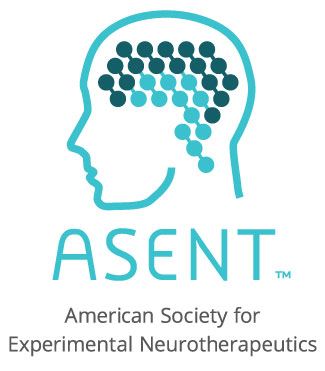Your Resource for Neurotherapeutics Discovery and Development |
Upcoming events
| Blog posts
|
ABOUT ASENT
The American Society for Experimental Neurotherapeutics (ASENT) is an independent non-profit organization established in 1997 by leaders in academia, government, advocacy and industry to facilitate the process by which new therapies are made available to patients with neurological disorders. Its primary goal is to encourage and advance the development of improved therapies for diseases and disorders of the nervous system.
ASENT engages in scientific exchanges to encourage contacts between those involved in the discovery and development of neurotherapeutics and to provide opportunities for dialogue between the interested groups. The society organizes education and training and publishes a journal for healthcare practitioners, scientists and officials participating in the neurotherapeutics field, which serves as a forum for its members and interested groups addressing diverse issues.
MEET THE LEADERSHIPLudy C. Shih, MD, MMSc, is our new President of ASENT. Dr. Ludy Shih is a Neurologist at Beth Israel Deaconess Medical Center and has been an active clinical investigator in Parkinson's disease and essential tremor throughout her career. In addition, she worked at Biogen and Vertex Pharmaceuticals in early stage clinical development, designing studies for Parkinson's disease and genetic movement disorders. READ MORE |
MEET THE EDITORASENT is honored to have M. Maral Mouradian, MD, as the NEUROTHERAPEUTICS journal Editor in Chief. Dr Mouradian is the William Dow Lovett Professor of Neurology; Director of the RWJMS Institute for Neurological Therapeutics; and Vice Chancellor for Faculty Development, Rutgers Biomedical and Health Sciences - Robert Wood Johnson Medical School |
CAREER CENTER
|
Featured Members |
NOT A MEMBER YET? |



